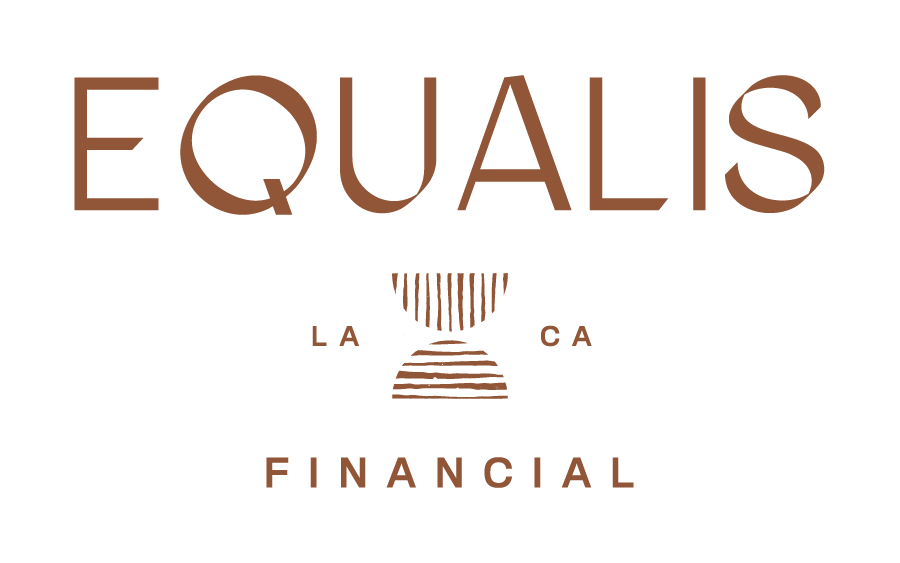
Align Your Investments with Your Values
ESG investments are made with intention to support companies and causes that positively transform our communities, all while generating a financial return.
Guided by your core values, these purposeful and strategic investments give you a voice and help you put your money where your mouth is. Through impact investing, you can build toward a better future for people and the planet.

The Equalis Difference
We take a holistic approach to investment management, which is why our impact investing services begin as you go through our Financial Alignment Planning process.
In the Vision meeting, we will define your core values and choose impact areas accordingly. Then, we’ll implement our impact investing strategies and manage your portfolio after you complete the process, giving you a clear picture of your financial future.
Invest in Causes You Believe In
Invest with Environmental Impact
Protect the natural environment by investing in causes that promote sustainability.
Climate change
Pollution & waste management
Natural resources
Invest with Social
Impact
Improve the health of your communities—both local and worldwide—through stronger relationships and allyship.
Diversity & Inclusion policies
LGBTQIA + rights
Worker protection & rights
Prison involvement
Invest with Corporate Impact
Invest in causes that set standards for company leadership while supporting ethical business practices.
Board independence & diversity
Promoting livable wages
Behavior & transparency
Executive vs. employee pay
Get Started with Impact Investing
Custom Portfolio
Focused causes
Individual stocks - Direct indexing
Minimum investment of $250,000
Values-Based Model
Broad model causes
Individual stocks - Direct indexing
Minimum investment of $150,000
Target Allocation
Broad ESG screen
Exchange-traded funds (ETFs)
Minimum investment of $25,000
FEES
There is no additional cost for the first $500,000 of an investment portfolio for financial alignment planning clients. Any investment balance that exceeds $500,000 is billed at a rate of 0.6% per year.
For example, Peyton & Charlie have a portfolio of $800,000 and pay $7,200 for financial alignment planning. The first $500,000 is included in the $7,200 fee leaving $300,000 to be billed at 0.6% per year.
FAQS
+What is direct indexing?
Direct indexing is the most modern, dynamic way you can invest today. Rather than owning shares of an index mutual fund or index exchange-traded fund (ETF), direct indexing involves buying the individual stocks in the index itself (e.g. the S&P 500 index).
This allows for increased customization and personalization to create a portfolio built just for your needs. Additionally, direct indexing supports greater tax efficiency as an investor is able to buy and sell individual stocks with ease.
+What does ESG stand for?
ESG stands for Environmental, Social, and Governance. Simply put, it describes areas that characterize a sustainable, responsible or ethical investment.
+Does impact investing result in lower investment performance than a non-impact portfolio?
On the contrary, there has been growing evidence that ESG investing may actually lead to better financial performance. For example, an S&P Global study shows that “firms with a high gender diversity on their board of directors were more profitable and larger than firms with low gender diversity.”
Plus, Equalis uses a passive investing strategy, meaning that our bespoke and values-based model portfolios are designed to track the performance of the benchmarks, therefore resulting in neither outperformance or underperformance, but rather, similar performance.
+What's the difference between impact, sustainable, ESG, and socially responsible investing (SRI)?
Not much, actually. The terms are commonly used interchangeably and at its core, all represent a values-aligned investment approach.







